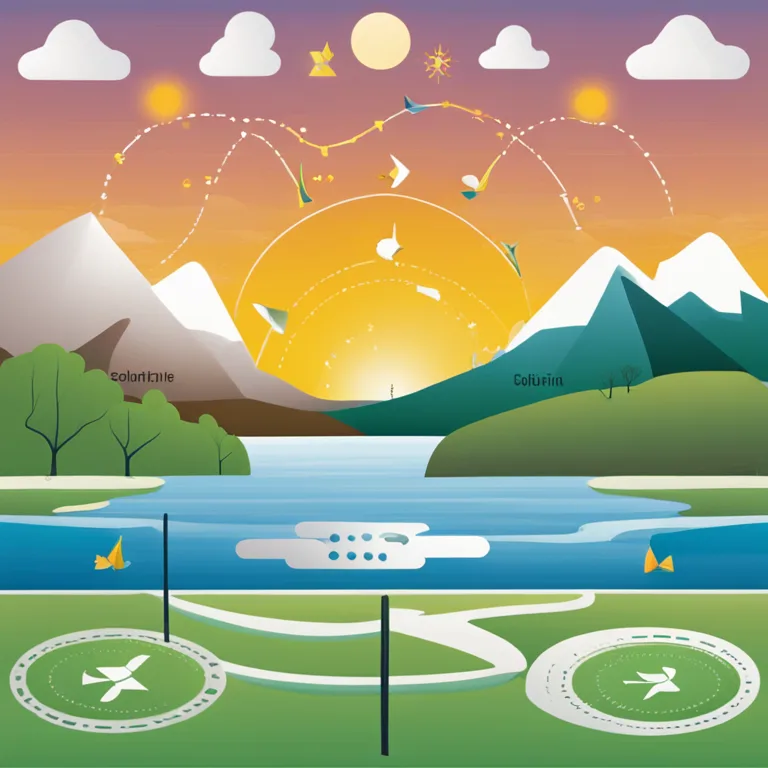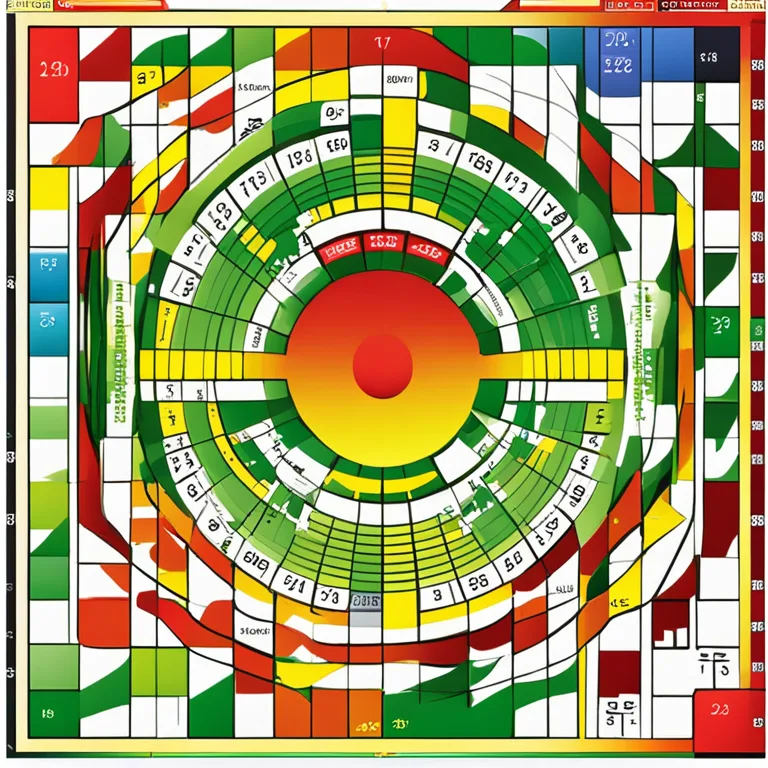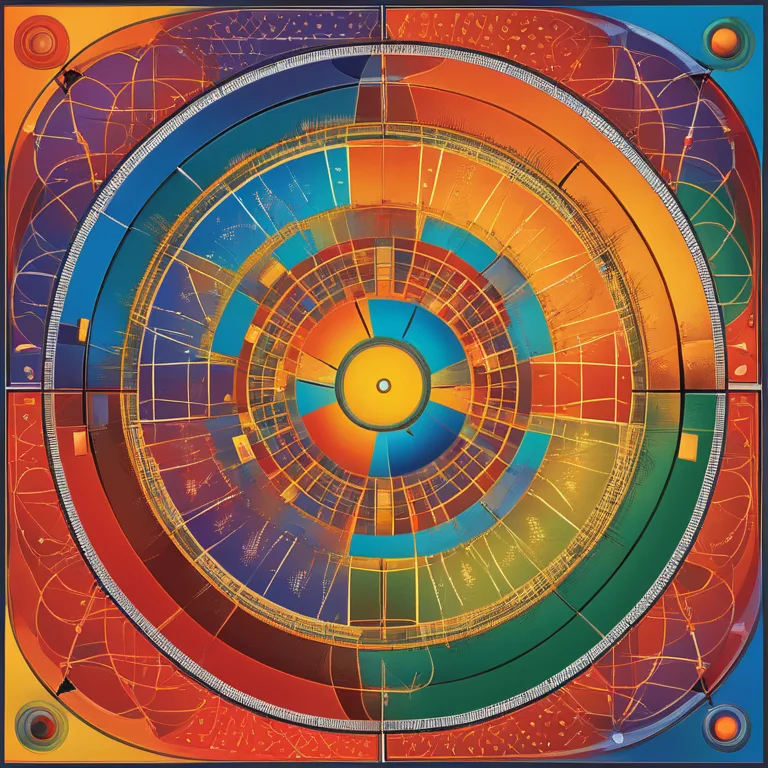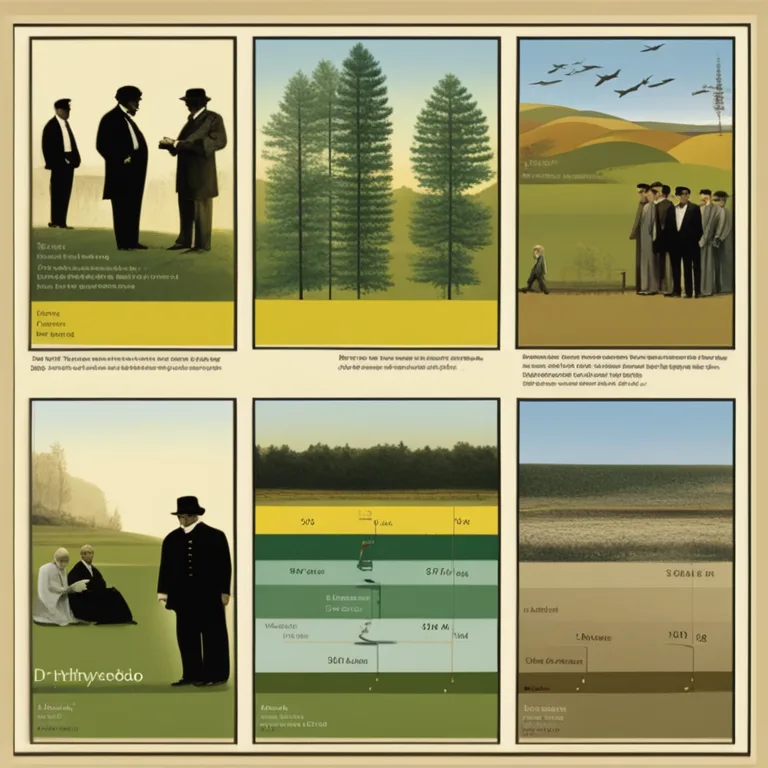
The Rhythms Within: A Handbook to Biorhythms
Discover the fascinating mechanics of biorhythms and how they influence our daily lives with this comprehensive and engaging article.
article by Adrian Wallace
Defining Biorhythms
Biorhythms are seen as cyclic patterns that govern various physiological and emotional facets of our lives, according to supporters of this concept. The theory posits that these cycles begin at birth and influence us in predictable, rhythmic patterns throughout our lifespans. Biorhythms are split into three primary cycles: physical, emotional, and intellectual. Each cycle has a specific duration: the physical runs for 23 days, the emotional for 28 days, mirroring the lunar cycle, and the intellectual for 33 days. These patterns are thought to influence our stamina, mood, and cognitive functions respectively.

The History and Evolution of Biorhythms
The idea of biorhythms dates back to the late 19th century, with Dr. Hermann Swoboda and Dr. Wilhelm Fliess laying the groundwork for the concept. However, it wasn't until the 1970s that biorhythms caught the public's attention, with the advent of new age movements. With technological advancements, by 2024, biorhythm calculators and applications have become readily accessible, allowing individuals to track their own cycles and potentially optimize their everyday activities based on these rhythms.

Calculating Personal Biorhythms
To calculate one's own biorhythms, basic personal information is needed, mainly the date of birth. Once input into a biorhythm calculator, the software computes the cycles by counting the days since birth and positioning them in positive (high phase), negative (low phase), or neutral (critical phase) states. These states are said to dictate how well we might perform, feel, or think on any given day. Proponents suggest aligning tasks with our biorhythms: for example, scheduling important meetings on high intellectual days or avoiding stressful situations during a low emotional phase.

Critical Days and Adaptation
Critical days refer to the points in time when a biorhythm cycle crosses from a high to low phase or vice versa, and it's believed during this period, we are out of sync, potentially leading to discord in physical coordination, moods, or mental processes. It's recommended by biorhythm enthusiasts to be particularly mindful on these days, perhaps by engaging in calming activities or postponing major decisions. Though scientific backing may lack rigor, the interest in biorhythms has persisted into the 2020s, partly due to a broader fascination with holistic wellness and self-awareness.

Scientific Scrutiny and Modern Perception
Despite intrigue and widespread use by those interested in holistic and New Age practices, biorhythms have faced significant scrutiny from the scientific community. Critics argue that there is a lack of empirical evidence to support the precise timing and effects of biorhythms, and that they may fall into the realm of pseudoscience. However, many find them useful as a self-help tool, proposing that, at the very least, biorhythms encourage self-reflection and planning. As of 2024, the narrative around biorhythms appreciates their place more as a personal rhythm tracker than a deterministic guide.
Biorhythms in Daily Practice
Incorporating biorhythms in daily life typically involves becoming more attuned to one's personal cycles and adapting accordingly. Whether or not biorhythms hold scientific credence, their application can lead to a greater mindfulness about one's health and activities. This awareness is tied in with the growing penchant for personalized data and self-optimization trends that continue to emerge. With a burgeoning market for wellness tech, it's clear that tools allowing us to spelunk into our own personal patterns, such as biorhythms, will persist in the landscape of self-improvement and holistic health endeavors.
Published: 12/28/2023
Modified: 12/28/2023
More predictions
Come back here soon to learn more about yourself and your future


Biorhythm Compatibility & Birthdays
Discover the intriguing connection between your birthday biorhythms and relationship harmony in our insightful article.


Biorhythm Compatibility: Fact Or Myth?
Explore the concept of biorhythm compatibility to discover if there's a real connection between our biocycles and relationship harmony.


Biorhythm Theory: Fact Or Fallacy?
Explore the fascinating concept of biorhythms to discern if there's any scientific accuracy behind this popular belief.